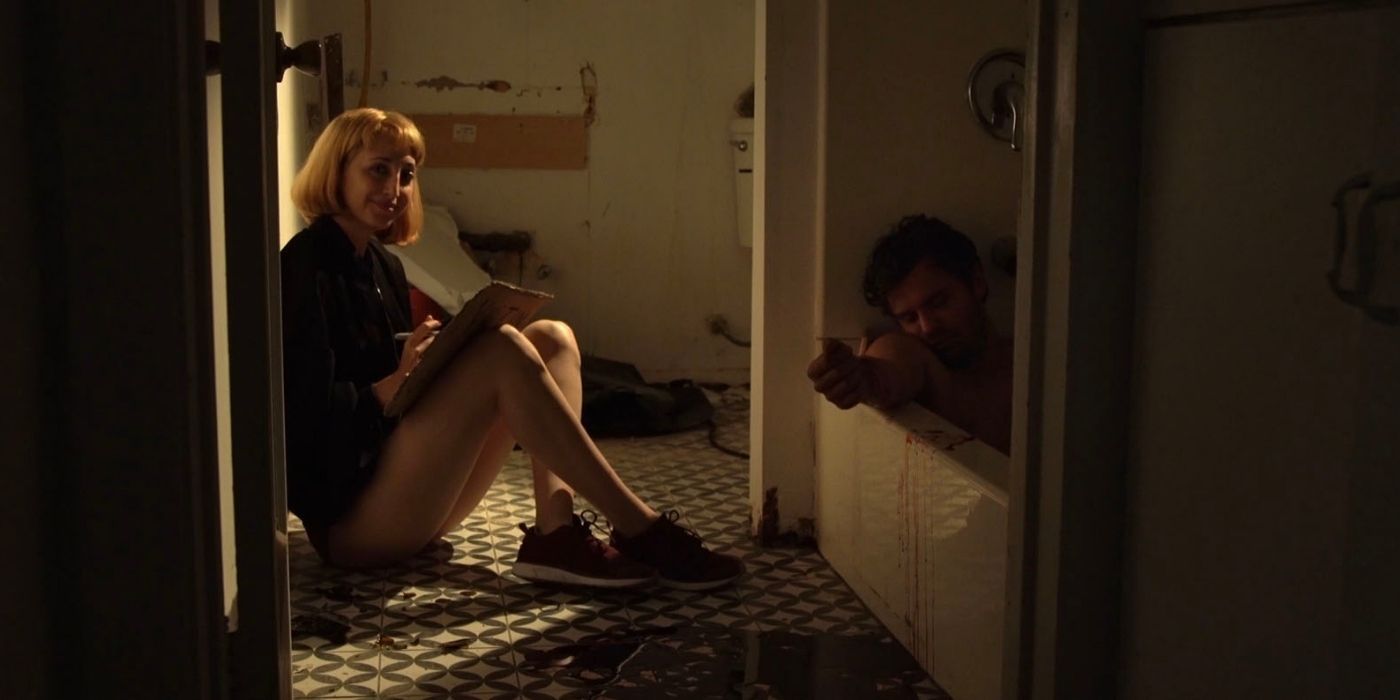Gillian Wallace Horvat held all the reins when creating the dark comedy I Blame Society. The indie filmmaker served as the movie's writer, director, and lead. It follows a young filmmaker, Gillian, who finds herself struggling to get support for her debut feature film. The fictional creator, based loosely on Horvat, decides to follow through on a compliment she once received, stating she would make a good murderer.
The character documents the reaction of her peers as she questions them about her murderous capabilities and begins to explore her darker side. Gillian eventually dissolves into a manic, unhinged person — capable of dark things beyond her viewers' wildest imagination. Game ZXC had the opportunity to chat with Gillian Wallace Horvat about the inspirations behind her found footage movie, her experience behind the camera, and how she initially reacted to the off-beat compliment.
Game ZXC: Were there any movie and television inspirations behind the creation of I Blame Society?
Gillian Wallace Horvat: I wasn't looking at other found footage movies for inspiration for this one because I feel like sometimes people aren't as rigorous as they could be with the execution of found footage. People want to make the movie look like a movie. So, they have these angles that are impossible for anybody to get. We wanted to make the film really stick to the rules of what a found footage movie would look like because that would make it more realistic and, therefore, more scary. It would really look like it was the document of a totally unhinged person. There was one movie that I thought nailed it, and it's called Coming Apart from the late 60s, or early 70s.
GR: What are some of the techniques you used, both as a director and an actor, to make sure you were delivering an authentic performance?
Horvat: Well, it was really difficult. We had 12 days to make the movie. Getting a good performance out and directing properly was really difficult to do simultaneously. Sometimes, I would watch the tape back and then adjust my performance based on what I was seeing. But sometimes, we were about to get kicked out of a location and there wasn't time to watch the playback. I was lucky I had my co-writer Chase Williamson in there to watch the footage and help me modulate the performance. My DP [director of photography] Olivia Kuan was able to do that, as well.
GR: What are you most looking forward to the audience seeing in I Blame Society?
Horvat: The feedback from Shudder audiences has been incredible. They've engaged with the film in a way that a filmmaker could really only dream about. I love when people tweet about it and post about it on social media. It is a beautiful end to the film's journey. While the film was going out on the festival circuit, it was absorbed by audiences in a certain way. The festival audiences are viewing things through a more intellectual lens, so the film has been thoroughly digested through looking at the themes and the message. Now, on Shudder, it's being appreciated more like a piece of entertainment. I'm very excited that people are enjoying the film on that level as entertainment is definitely my primary goal as a filmmaker.
GR: If I Blame Society wasn't a movie, what other format would it be?
Horvat: It's just a movie. I'm very adamant about my ideas having just one appropriate format and really crafting the idea to find the format that it is. Everything I do is super pinpointed to that precisely. I don't think I'll ever remake or reformat anything I ever do. It just doesn't make sense to me.
GR: I love that intentionality. What drew you to this being a movie? I know it has some autobiographical aspects to it as well, doesn't it?
Horvat: It's based on a short documentary that I did. It's expanded from a short documentary. The short documentary was the unfinished version of it. It's an example of how an idea needs to find its right format. It's based on a real-life compliment that was given to me that I would make a good murderer.
GR: What was your initial reaction to getting that compliment? Was part of you a little offended?
Horvat: I was not offended. 0% offense. A compliment is a compliment. I don't know. That's just how I am. People looked at me googly-eyed about this over the years, like how could you not be offended by somebody saying something like that? But somebody is telling you that you would be talented at something that is not really easy, so I don't see how anybody could be anything less than tickled by that. If the issue is like, morally killing people is not good, it has bad outcomes. Well, so does pumping oil. And you know, engineers aren't offended when you're like, you'd make a really great fossil fuels engineer.
I Blame Society is currently streaming on Shudder.

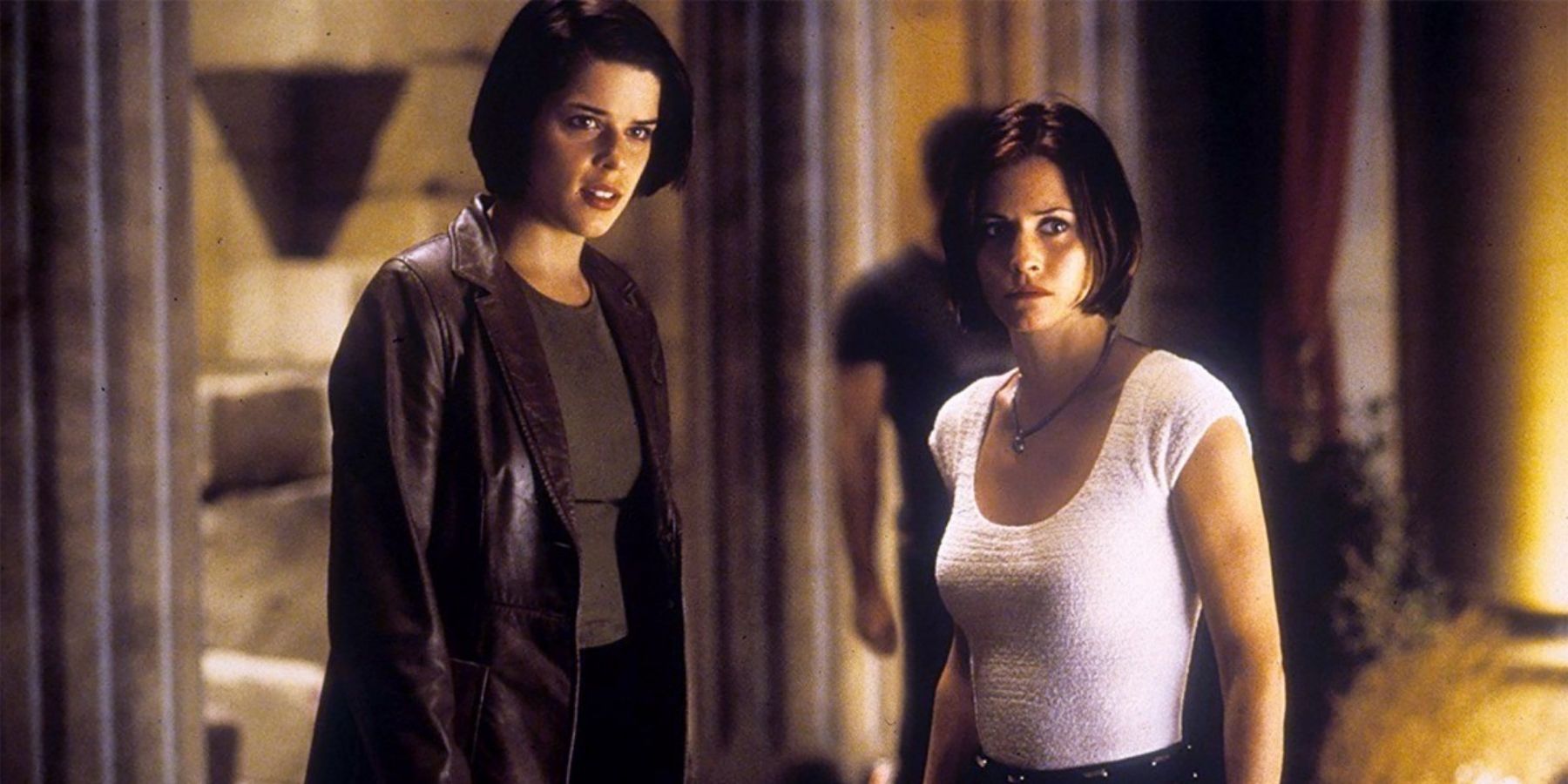
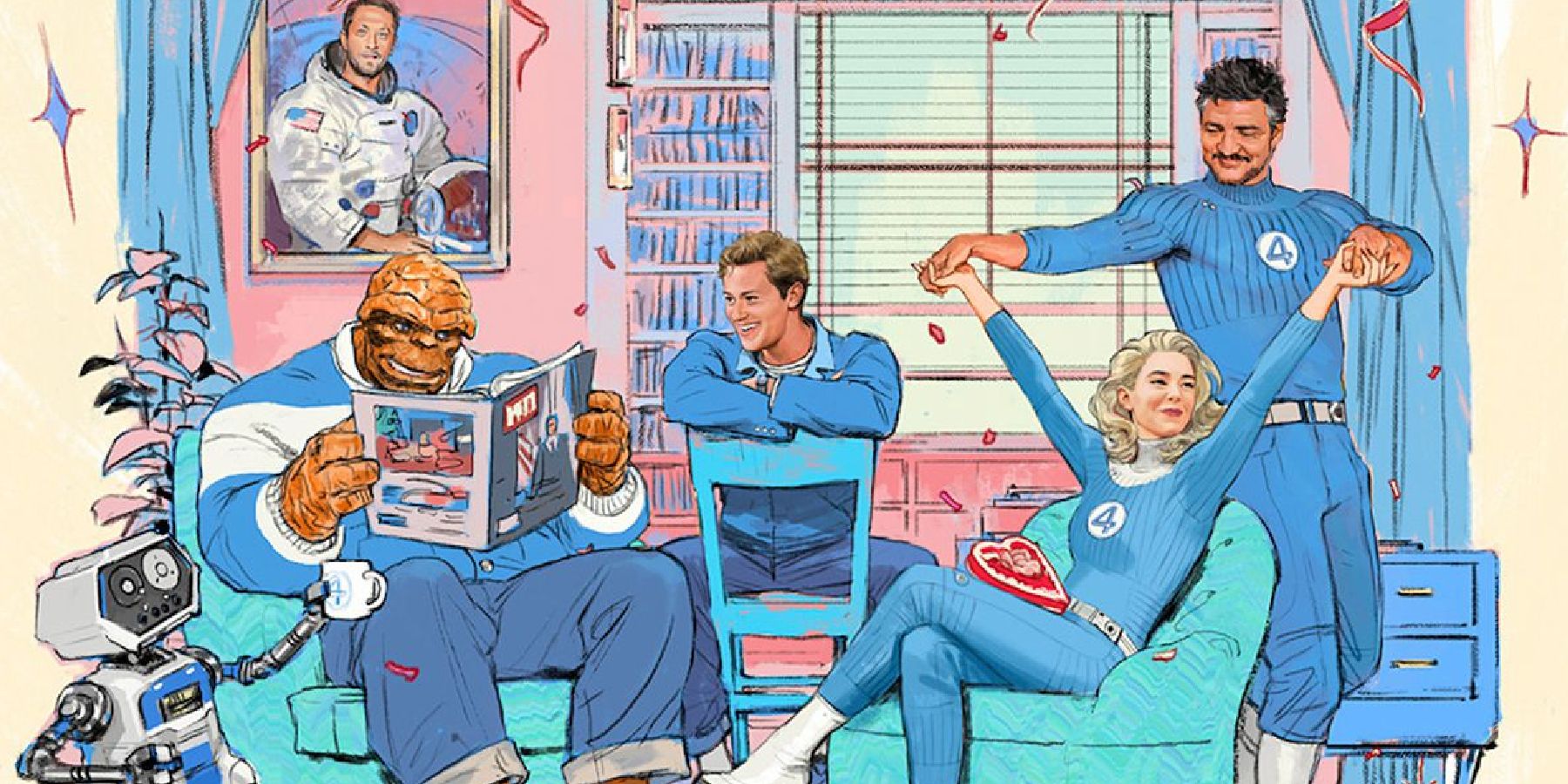
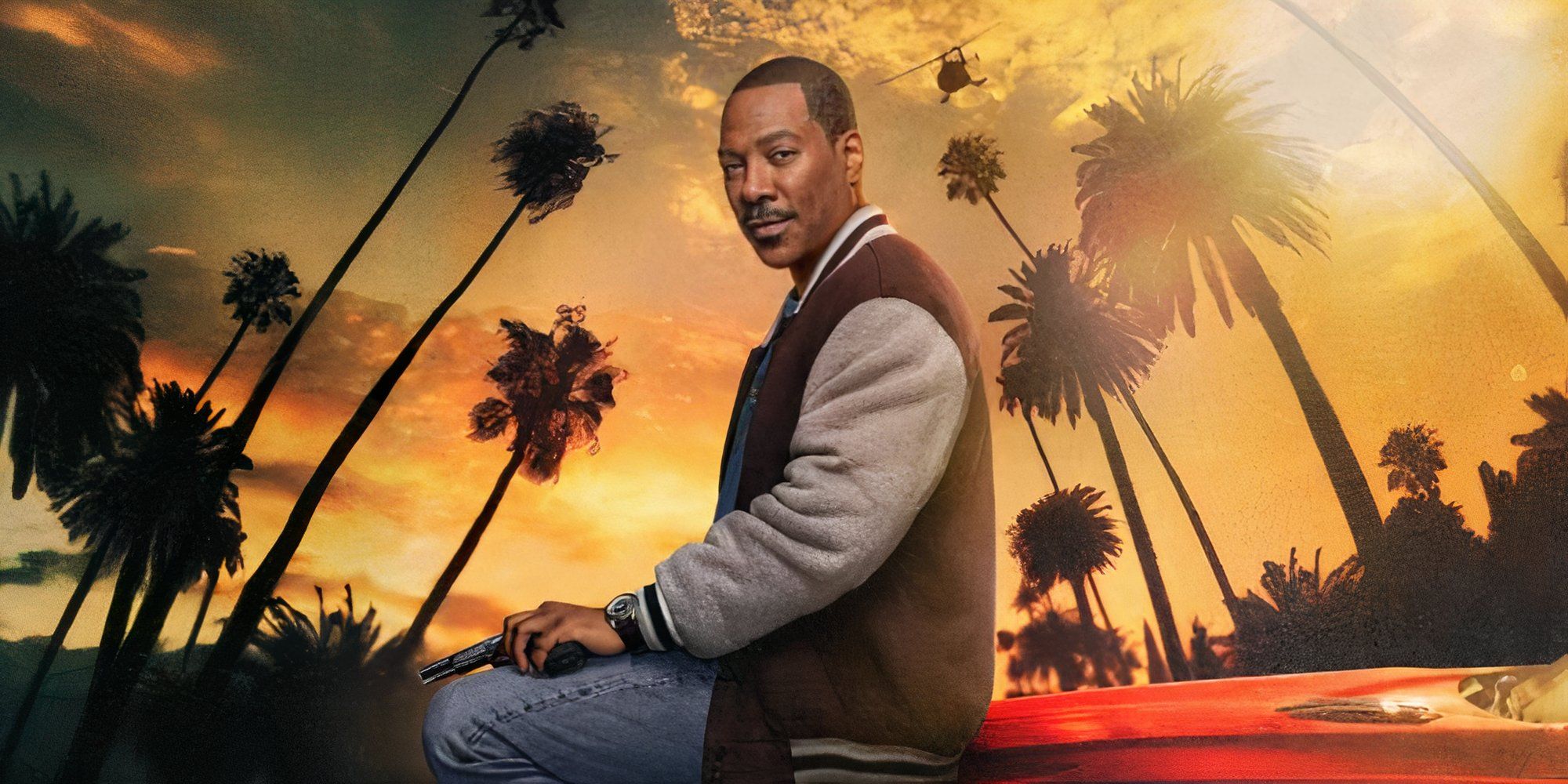
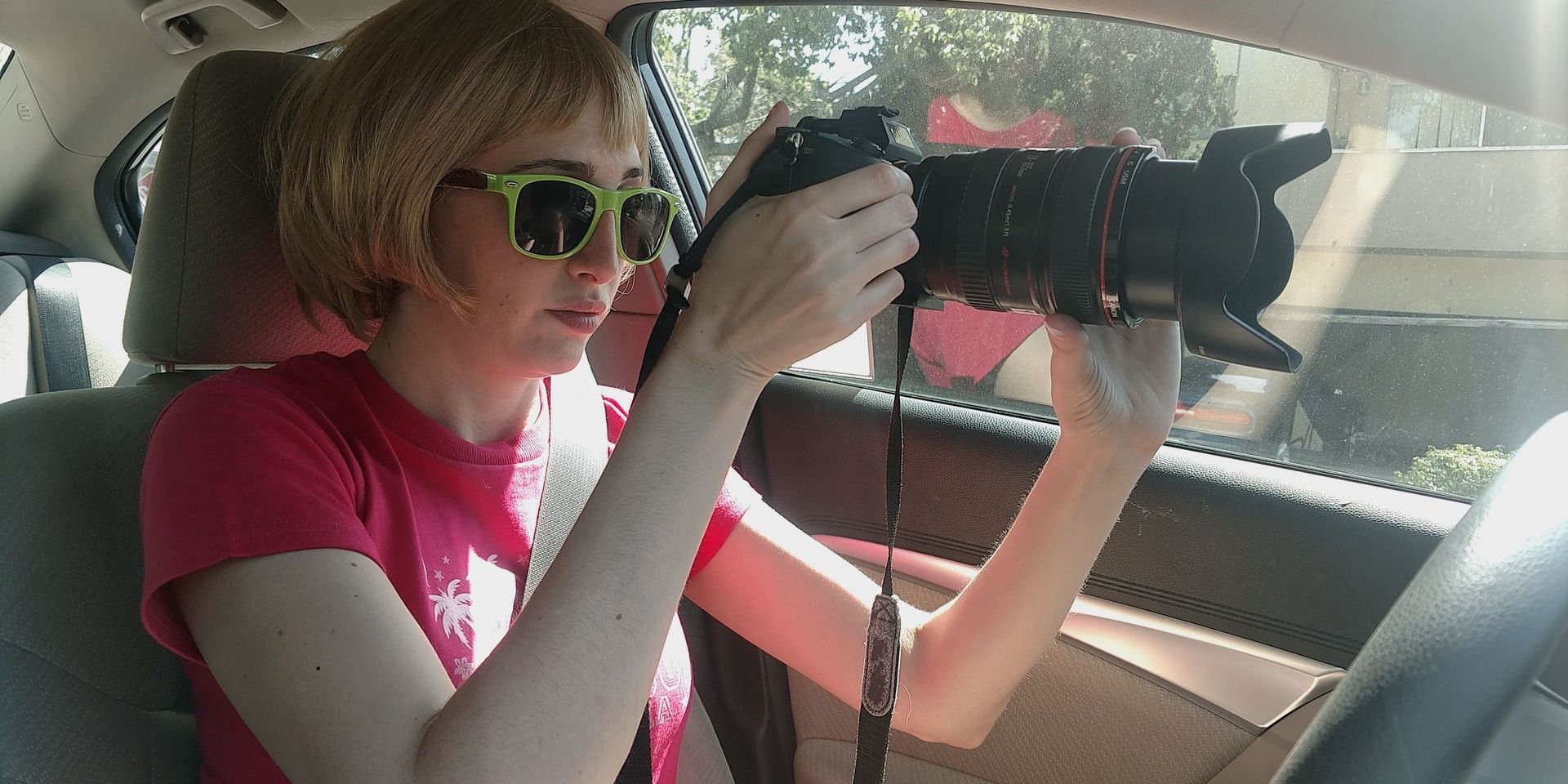
.jpg)
